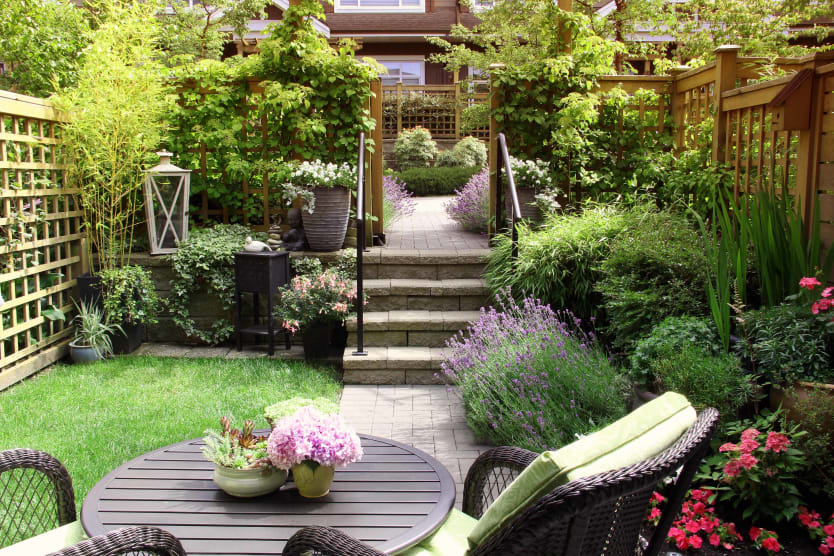There are so many parallels between taking care of ourselves and taking care of a garden – in a lot of ways we are very similar.
As living organisms, we share a lot of the same needs. We want to be healthy, vibrant and strong, to be able to face every season with confidence, knowing that we have what it takes to get through it and come out the other side better off. If there is one attribute we need in our modern world, marked by so much uncertainty, it is resilience.
This concept of resilience applies not only to us, but also to our gardens.
A resilient garden is more than just a collection of plants – it’s a dynamic and adaptable ecosystem that can withstand a range of challenges, from extreme weather to pests and diseases. By following a few key principles and implementing thoughtful practices, you can create a garden that not only survives, but thrives in the face of adversity.

Choose native and adapted plants
One of the foundational pillars of a resilient garden is the selection of plants that are well-suited to your local environment. Native plants, in particular, have evolved to thrive in the specific conditions of your region, making them naturally more resilient to pests, diseases, and climate fluctuations.
Prioritise soil health
Healthy soil is the foundation of a resilient garden. Focus on building and maintaining soil health by adding organic matter such as compost and mulch, to improve soil structure, water retention, and nutrient availability. Healthy soil fosters vigorous plant growth and enhances a garden’s ability to recover from stressors.

Embrace biodiversity
Diversity is the cornerstone of resilience. Plant a variety of species that complement each other in terms of growth habits and nutrient needs. Biodiversity not only makes your garden more visually appealing, but also helps control pests naturally and enhances pollination. Try using principles of companion planting to bring out the best in what you grow.
Smart Water Management
Efficient water use is crucial for garden resilience. If possible, install drip irrigation or soaker hoses to deliver water directly to the plants’ roots, minimising evaporation and reducing the risk of diseases. You could supplement your irrigation system by collecting rainwater and using that. Rainwater also has a lot of beneficial minerals that will help your plants. Try also grouping plants with similar water requirements to ensure optimal hydration.
Practice Integrated Pest Management (IPM)
A resilient garden relies on a balanced ecosystem to manage pests. Instead of using chemical pesticides, implement IPM strategies such as introducing beneficial insects, practicing crop rotation, and regularly inspecting plants for signs of disease. If a spray treatment is required, use a (preferably homemade) organic-based remedy.

Design for climate variability
Plan your garden with the unpredictable nature of climate and different seasons in mind. Incorporate shade structures to protect plants from intense heat in summer, create windbreaks to shield against strong gusts, and consider designing rain gardens or swales to manage excess water during heavy rainfall in the winter.
Encourage Wildlife Habitats
Invite beneficial wildlife into your garden by providing shelters, nesting sites and food sources. Birds, butterflies and bees play vital roles in pollination and pest control, contributing to the overall health and resilience of your garden.

Regular Maintenance and Adaptation
A hands-on approach is the best way to ensure a resilient garden. Regularly assess your garden’s health, making adjustments based on changing conditions. Prune, weed and remove dead or diseased plants promptly to prevent any problems from escalating.
Lifelong Learning
Gardening is a journey of constant learning. Stay open to new ideas and techniques, and plant varieties that align with your goals for your garden. You could consider attending workshops or joining gardening communities. Connecting in this way can help build a sense of community and belonging.
Creating a resilient garden is a journey that flows along with the natural rhythms of your environment. A resilient garden is a testament to nature’s incredible ability to adapt and thrive. With a little know-how, you can create a garden that can be successful through all the seasons, providing you with a beautiful and productive outdoor space for years to come.





